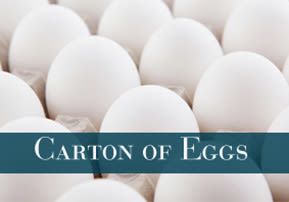
Carton of Eggs
Why does the meal we eat before beginning the fast of Tisha B’Av, the Seudat Mafseket, customarily includes a hardboiled egg dipped in ashes?

I could never understand what the whole dilemma was about when the question was asked, “which came first; the chicken or the egg?” Isn’t it obvious that the chicken Hashem created, which then laid the egg, began the cycle? But that is not to minimize the importance of eggs.
Eggs are complex. For everyone other than vegans or those with egg allergies, eggs provide a very important element of the diet. Eggs are rich in vital nutrients; vitamins, protein and fats. Considering eggs were created to sustain the life of a baby chick within its shell, it certainly makes sense. An egg is a complete life form enclosed in this perfect sphere. Once fertilized, it contains all the components necessary for the creation of a chicken, as well as the nutritional substances for nourishing and developing its life. According to Halacha, Jewish Law, we must carefully check eggs for blood as we are not allowed to eat an egg with blood in it (Lev. 7:26-27; Lev. 17:10-14). This is a prohibition against consuming blood of mammals and birds because it contains the life of the animal.
In the ‘old days’ when a Jewish woman would kosher the chickens herself by salting and soaking them according to Jewish law, some were found to have unhatched eggs inside. Had the chicken been allowed to live, these dark orange, balloon-like sacks would have developed into chicken eggs. Of course, today, the eggs we buy to eat are not fertilized so no chicken has given its life for our breakfast omelet.
Eggs are very unique in that unlike most matter which melts when heated, eggs become solid. An interesting related scientific fact is that spinning an egg on a flat surface will determine whether the egg is raw or hard-boiled. A raw egg wobbles when spun, as apposed to a hard-boiled egg which spins steadily. It is the solidity which allows the hard egg to twirl smoothly unlike the liquid which moves about within the shell of the raw egg putting it off-balance. This concept is true of Our People as well. If we solidify as one, we will remain strong and steady.
Eggs can be prepared in several different ways. The omelet and scrambled eggs are basic options as well as poached. Some children prefer ‘sunny-side up’ and ‘over easy’, cheerfully referring to them as ‘eye eggies’. If one’s eyes are the windows to the soul, perhaps we can apply this to eggs as well. Let’s look into the ‘soul’ of an egg.
Eggs are symbolic in Judaism. Because of their spherical shape, eggs signify eternity and the cycle of life. Hard-boiled eggs represent mourning and begin the observances of Tisha B’Av, the day many calamities befell the Jewish People. The meal we eat before beginning the fast of Tisha B’Av, the Seudat Mafseket, customarily includes a hard boiled egg dipped in ashes. Hard-boiled eggs are also an important aspect of the first meal a mourner eats when he/she returns from the cemetery after his or her loved one has been interred. Called a Meal of Condolence, it often consists of an egg and bread sprinkled with ashes, denoting loss and sorrow.
The shell of an egg is hard. It protects the developing chick from harm until it is ready to hatch. Yet, the egg, even with its protective shell, is very delicate and must be handled with care. When we buy eggs, they are usually sold in a carton which adds extra protection.
In some respects, a carton of eggs can be compared to humankind. We are brought into this world and exist within the confines of our own protective containers, the material world and the possessions we acquire (through Hashem’s kindness). The buildings that house us, the vehicles we use and the clothes we wear all shelter us from the natural and artificial elements which could cause us harm. The body itself is a vessel similar to the shell of an egg. Our skin envelopes a flesh-and-blood covered skeleton which grows and develops from infancy through adulthood. While we are somewhat protected, we must be careful to guard against falls and injuries or risk damaging ourselves. Unlike the chicken and the egg, we human beings must not only grow physically, but use all our attained resources to serve G-d and grow closer to Him, thereby gaining Divine Protection.
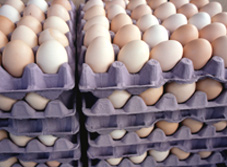 Just as the shell of the egg is discarded once its function has been completed, we too eventually abandon our bodily forms as we transform to the spiritual realm. A very old egg will actually float in water. Similarly, our souls will eventually soar to a higher world.
Just as the shell of the egg is discarded once its function has been completed, we too eventually abandon our bodily forms as we transform to the spiritual realm. A very old egg will actually float in water. Similarly, our souls will eventually soar to a higher world.But for now, Hashem is still safeguarding us in our big egg carton. We don’t know what is in store for us, but with emuna we understand it is all for the good. If one looks rationally within the carton it becomes obvious that we have no choice but to be united with one another in a uniform manner. Each individual has his or her own assigned spot uniformly connected to the next. If we can internalize that thought, we can rest assured that we will remain at peace. But the world is a bumpy ride, full of obstacles and stumbling blocks. Especially now as we get closer to redemption, the temptations (yetzer hara) are more enticing than ever. If we don’t stay in the allotted roles which were assigned to us, the whole carton will be chaos and we will have no one to blame but ourselves. Moshe Rabbeinu smashed the Luchot Habrit, The Ten Commandments, when he came down from Mount Sinai and saw Our People sinning with the golden calf. What is stopping Hashem from taking the whole carton of eggs and smashing it as well? Together we can prevent this catastrophe. Only by undertaking sincere teshuvah (repentance), strengthening our modesty, increasing our learning and bringing G-d’s Light into the world will Hashem carry us safely back home.


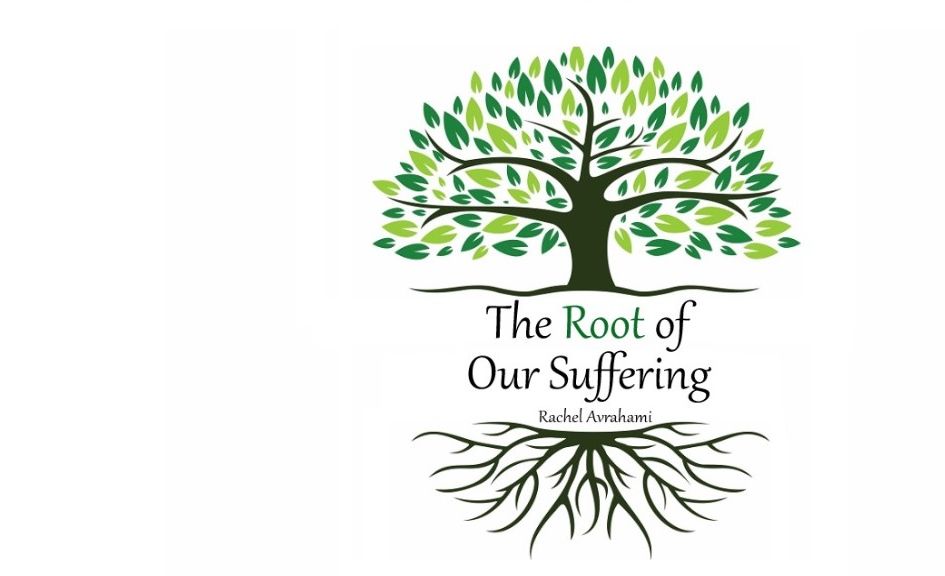
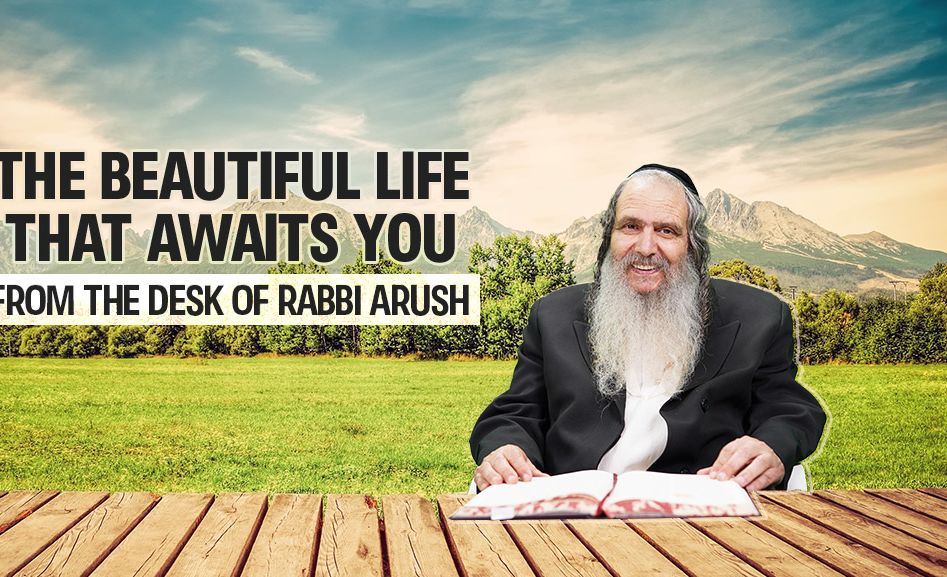
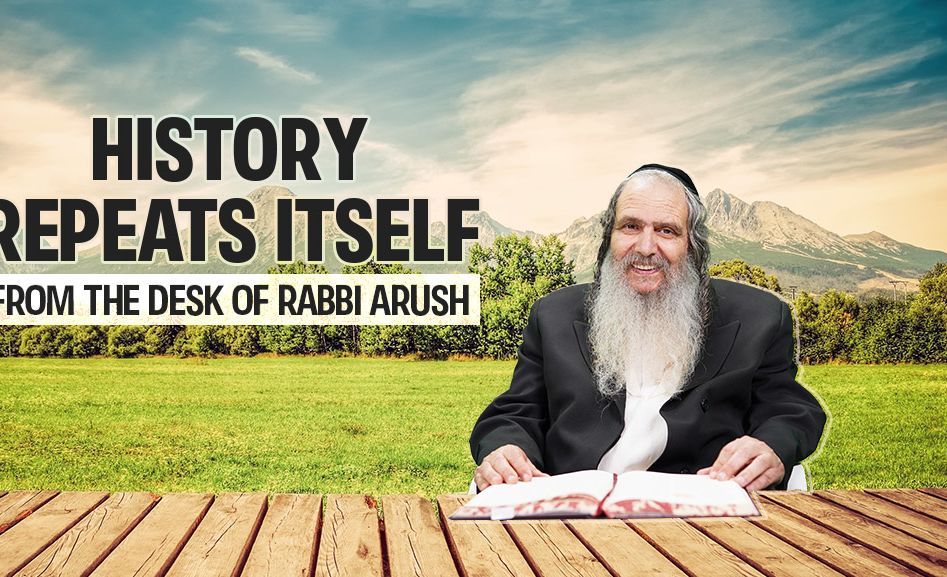
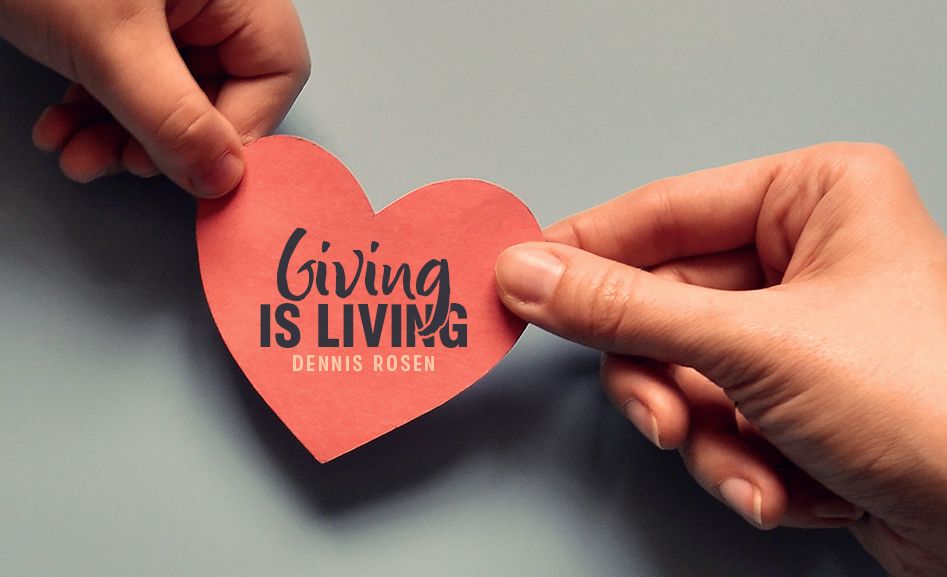

Tell us what you think!
Thank you for your comment!
It will be published after approval by the Editor.